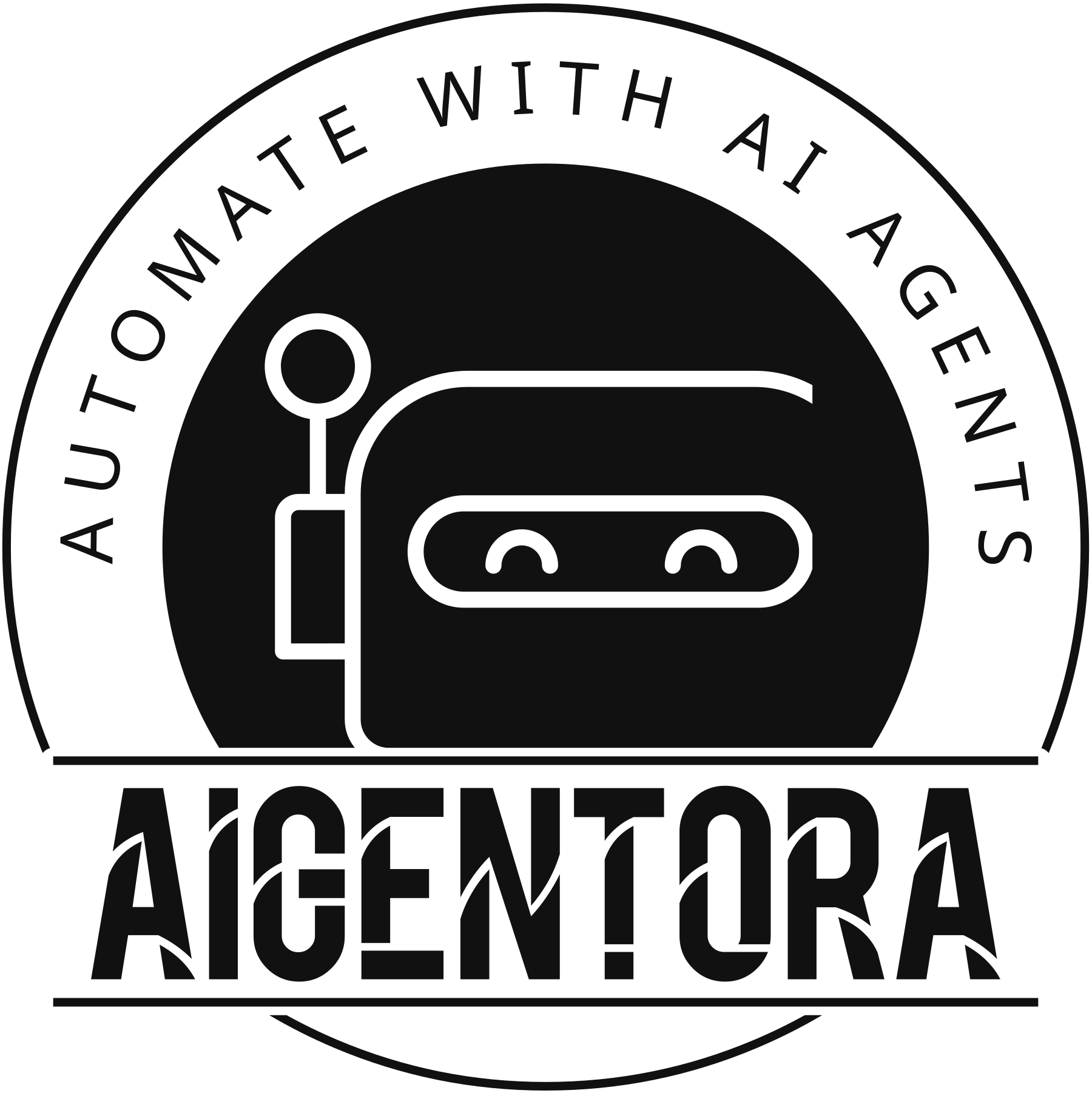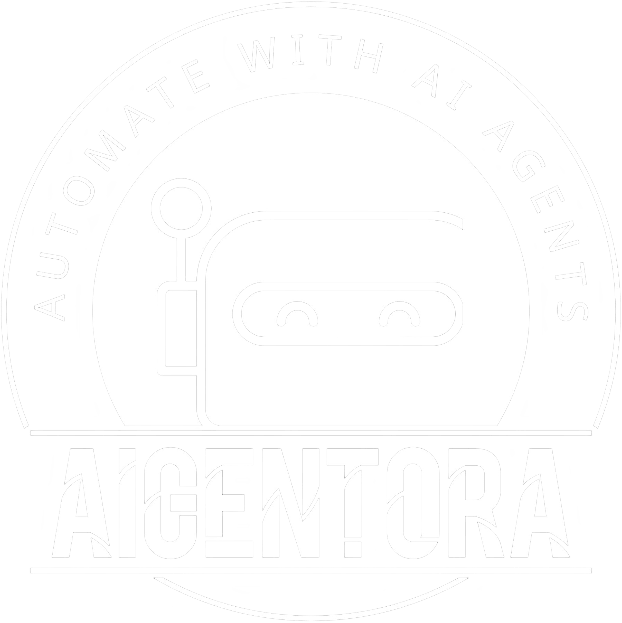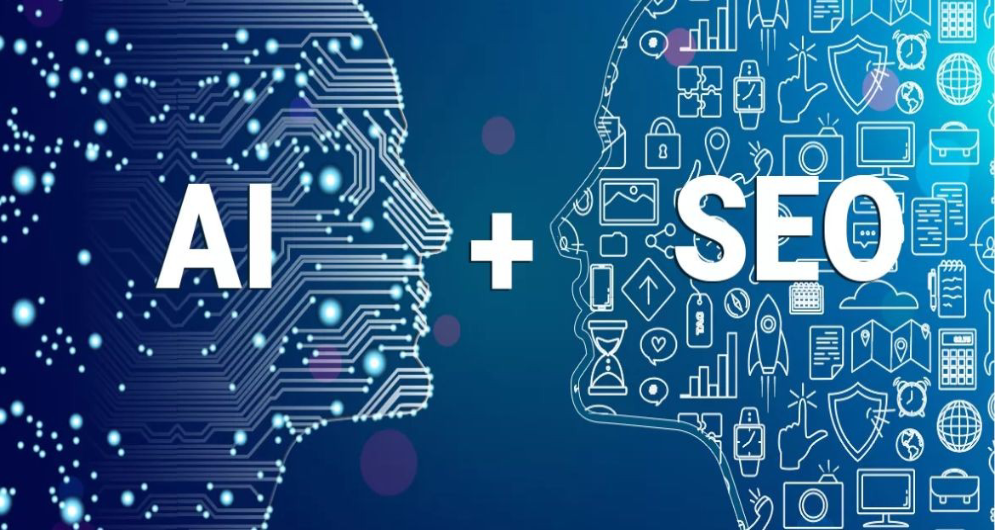Artificial Intelligence (AI) is transforming the digital marketing landscape, redefining how businesses optimize for search visibility and customer engagement. By 2025, over 70% of marketers report using AI tools for SEO tasks such as keyword research, content optimization, and performance tracking.
However, adopting AI-powered SEO at scale comes with unique challenges. From adapting to algorithm changes to balancing AI automation with human creativity, businesses often struggle to unlock the full potential of AI in search optimization.
This detailed blog explores the top challenges in AI-powered SEO and provides actionable strategies to help organizations optimize content for search success in 2025.
1. Understanding AI-Driven Search Algorithms
AI-driven algorithms prioritize search intent, semantic meaning, and user engagement rather than simple keyword matches.
Challenges:
Constant algorithm updates driven by AI models.
Declining effectiveness of keyword stuffing and outdated tactics.
Difficulty predicting how AI interprets content relevance.
How to Overcome:
Implement semantic SEO with topic clusters and entity-based optimization.
Use AI-powered SEO tools for insights into intent and context.
Continuously monitor algorithm updates and refresh content accordingly.
2. Optimizing for Voice and Conversational Search
With the rise of AI assistants, voice search accounts for more than half of global queries in 2025.
Challenges:
Queries are longer, conversational, and often location-specific.
Traditional keyword strategies fail to capture natural speech.
Competition for featured snippets is intense.
How to Overcome:
Target long-tail, conversational, and question-based keywords.
Structure content into FAQ sections for snippet optimization.
Ensure fast, mobile-friendly, and locally optimized web pages.
3. Balancing Human Creativity with AI Content Generation
AI content tools create drafts in seconds, but over-reliance on automation can reduce authenticity.
Challenges:
AI-only content risks being flagged as low-quality.
Lack of originality reduces trust and engagement.
Over-automation leads to generic, repetitive writing.
How to Overcome:
Blend AI efficiency with human creativity and expertise.
Highlight E-E-A-T (Experience, Expertise, Authoritativeness, Trustworthiness) to build credibility.
Use AI for research and optimization, while humans refine tone, depth, and storytelling.
4. Personalization and User Experience as Ranking Factors
AI enables search engines to personalize results based on user behavior, history, and preferences.
Challenges:
Generic content underperforms in AI-powered search.
Low engagement metrics negatively affect rankings.
Difficult to optimize for diverse audience intent.
How to Overcome:
Use AI-driven analytics to segment and personalize content.
Deliver interactive, dynamic experiences tailored to user needs.
Optimize UX with faster load times, clear navigation, and accessibility.
5. Ethical and Responsible SEO with AI
As AI-generated content becomes mainstream, ethical and transparency concerns are growing.
Challenges:
Risk of misinformation or low-quality content flooding search.
AI bias affecting recommendations and rankings.
Lack of trust in undisclosed AI-generated content.
How to Overcome:
Be transparent about AI-assisted content creation.
Regularly audit AI outputs to ensure fairness and accuracy.
Follow responsible SEO practices focused on value, not manipulation.
6. Integration with Existing SEO Tools
Challenges:
Many businesses still use legacy SEO systems.
AI-driven platforms may not sync with older tools.
Data integration issues slow down adoption.
How to Overcome:
Use AI-ready SEO suites with API integrations.
Gradually transition to cloud-based platforms.
Standardize workflows across marketing teams.
7. Ethical SEO and Responsible AI Use
Challenges:
Risk of misinformation or over-optimized spam content.
AI bias influencing recommendations.
Lack of transparency in AI-generated work.
How to Overcome:
Maintain ethical SEO guidelines.
Regularly audit AI outputs for fairness.
Be transparent about AI-assisted creation.
8. Measuring ROI from AI-Powered SEO
Challenges:
Hard to quantify the impact of AI-driven strategies.
ROI delayed due to long-term nature of SEO.
Misalignment between AI efforts and business goals.
How to Overcome:
Link AI SEO efforts directly to KPIs.
Showcase quick wins with AI-driven optimizations.
Use analytics dashboards to demonstrate results.
9. High Implementation Costs
Challenges:
AI SEO tools and platforms require investment.
Continuous monitoring adds resource costs.
Smaller businesses may struggle to keep up.
How to Overcome:
Start with scalable AI SEO pilots.
Use AI-as-a-Service models to reduce costs.
Leverage open-source SEO AI tools where possible.
10. Scaling AI-Powered SEO Across Teams
Challenges:
Success in small pilots doesn’t always scale.
Lack of standard frameworks slows enterprise adoption.
Teams may resist AI-driven workflow changes.
How to Overcome:
Build an SEO Center of Excellence.
Standardize processes for AI SEO implementation.
Invest in team training and change management.
Summary Table: Overcoming AI-Powered SEO Challenges
| AI SEO Challenge | Key Strategies to Overcome |
|---|---|
| AI-Driven Algorithm Changes | Semantic SEO, continuous monitoring, AI-powered tools |
| Voice & Conversational Search | Long-tail queries, FAQ sections, mobile-first optimization |
| AI vs Human Content Balance | Combine AI efficiency with human creativity, apply E-E-A-T |
| Personalization & UX Signals | AI-driven analytics, interactive content, faster load speeds |
| Ethical SEO & Transparency | Audit AI outputs, responsible content practices, disclosure |
| Data-Driven Keyword Research | Leverage AI tools, entity-based optimization, trend analysis |
| Content Saturation & Competition | Create unique value, in-depth insights, multimedia SEO |
| Featured Snippets & Zero-Click Search | Structured data, concise answers, schema markup |
| Multilingual & Global SEO | AI translation tools, localized content, hreflang tags |
| Measuring SEO ROI with AI | Track KPIs, predictive analytics, attribution modeling |
Final Thoughts
AI-powered SEO in 2025 is about understanding user intent, creating authentic value, and leveraging AI to scale efficiency. The brands that succeed will be those that balance technology, creativity, and ethical practices.
Instead of fearing AI, marketers should embrace it as a partner—one that accelerates insights, enhances personalization, and ensures future-ready search visibility.
Why Partner with Aigentora.ai?
At Aigentora.ai, we specialize in AI-powered SEO strategies that future-proof your business.
Our team blends advanced AI tools with human creativity to deliver authentic, high-ranking content.
We focus on semantic SEO, conversational search, and personalized optimization for better visibility.
With our expertise, your brand stays ahead of algorithm changes and industry competition.
We ensure ethical, transparent, and ROI-driven SEO practices tailored to your goals.
💡 Frequently Asked Questions
AI transforms SEO by focusing on semantic understanding, user intent, and contextual relevance rather than just keywords. Search engines now rely on natural language processing (NLP) and machine learning to evaluate content quality, expertise, and engagement. Businesses must optimize not only for search bots but also for human-like AI models that analyze meaning, sentiment, and topical depth.
Semantic search interprets the meaning behind queries instead of matching exact keywords. With AI advancements, search engines understand synonyms, context, and user intent more accurately. For SEO in 2025, this means creating content clusters, answering related questions, and using structured data so your pages rank for broader search patterns rather than single keywords.
Voice search is growing rapidly, driven by smart assistants and AI-driven interfaces. To optimize, businesses must use natural, conversational language, long-tail keywords, and FAQ-style content. Structuring content for direct, concise answers while still providing depth helps capture featured snippets and voice results, boosting visibility across devices.
AI enables hyper-personalized content by analyzing user behavior, preferences, and browsing patterns. In 2025, personalization goes beyond product recommendations—it influences dynamic page layouts, tailored headlines, and adaptive search results. SEO strategies must align with personalization algorithms to ensure content resonates with each audience segment while maintaining broad search relevance.
AI-powered platforms can generate keyword research, draft outlines, optimize headlines, and even suggest schema markup automatically. Instead of replacing human creativity, AI accelerates workflows and ensures technical SEO compliance. This allows content teams to focus on storytelling, branding, and unique insights while maintaining SEO precision.
Overusing AI can lead to generic, low-value, or duplicate content that hurts rankings. Search engines prioritize originality, expertise, and trustworthiness (E-E-A-T). Businesses must balance AI efficiency with human creativity, fact-checking, and brand voice. Responsible use of AI ensures content remains authentic, ethical, and aligned with Google’s quality guidelines.
Future-proofing involves adopting adaptive strategies rather than chasing algorithm updates. Businesses should invest in structured data, build topical authority, create high-quality multimedia content, and leverage AI for predictive analytics. A proactive, AI-driven SEO approach ensures websites remain competitive regardless of evolving search trends.
Traditional link-building is evolving into relationship-building and authority recognition. AI tools can identify high-value link opportunities, detect spammy backlinks, and predict content most likely to attract organic mentions. SEO in 2025 emphasizes earning links through data-driven storytelling, original research, and brand authority—supported by AI-driven insights.
Waiting risks falling behind competitors who are already leveraging AI. Search algorithms evolve constantly, and early adopters gain compounding advantages in authority, visibility, and organic reach. By implementing AI-powered SEO now, businesses build scalable foundations, stay adaptable to future updates, and secure stronger long-term rankings.






